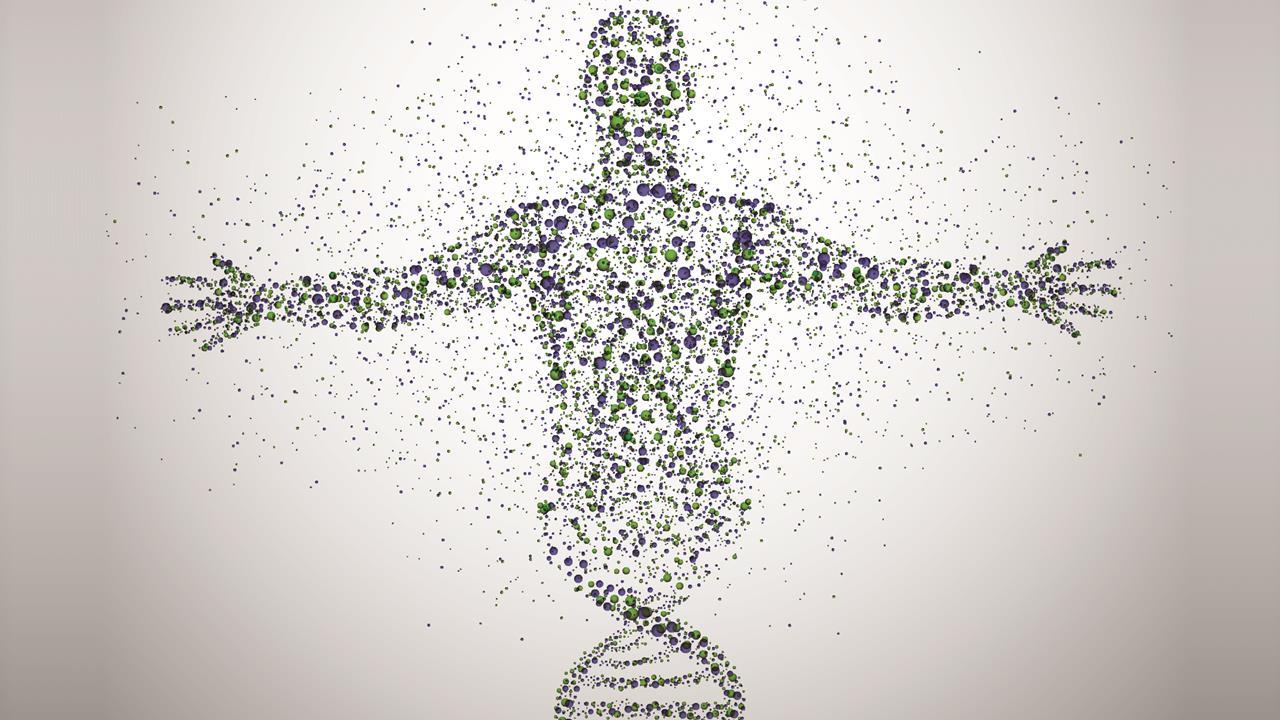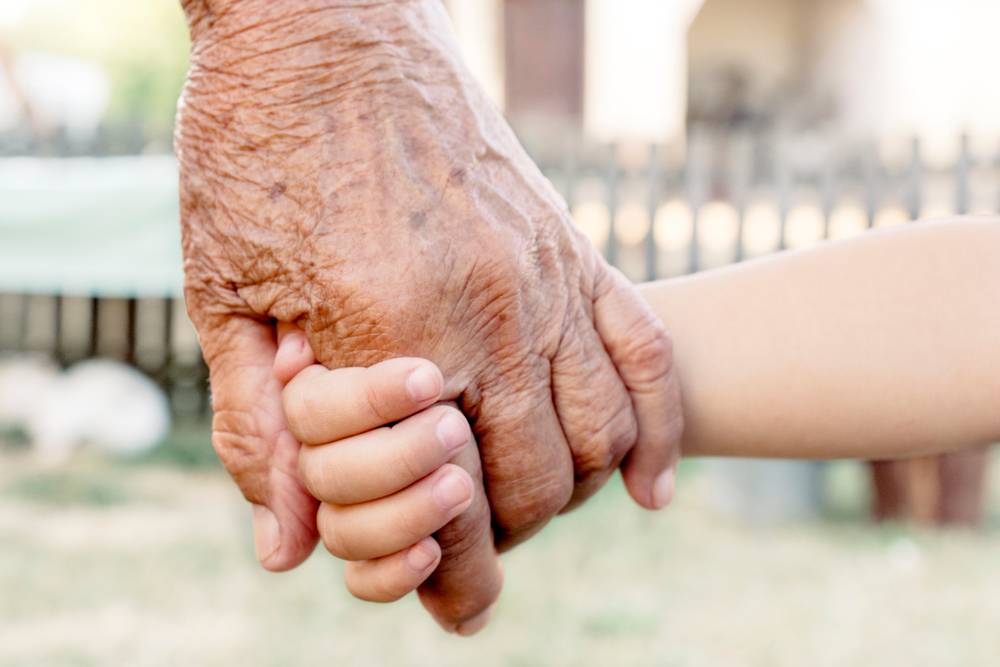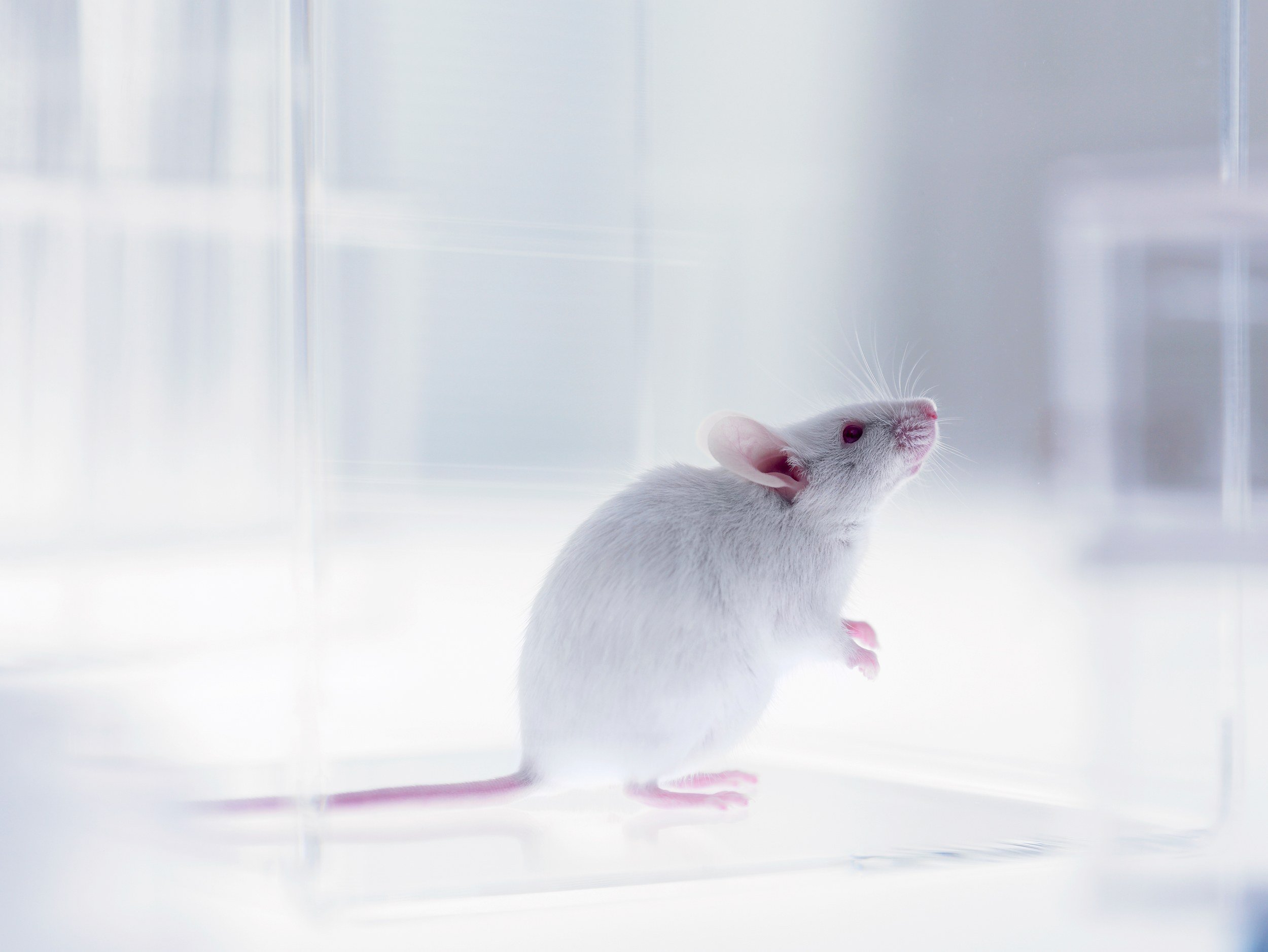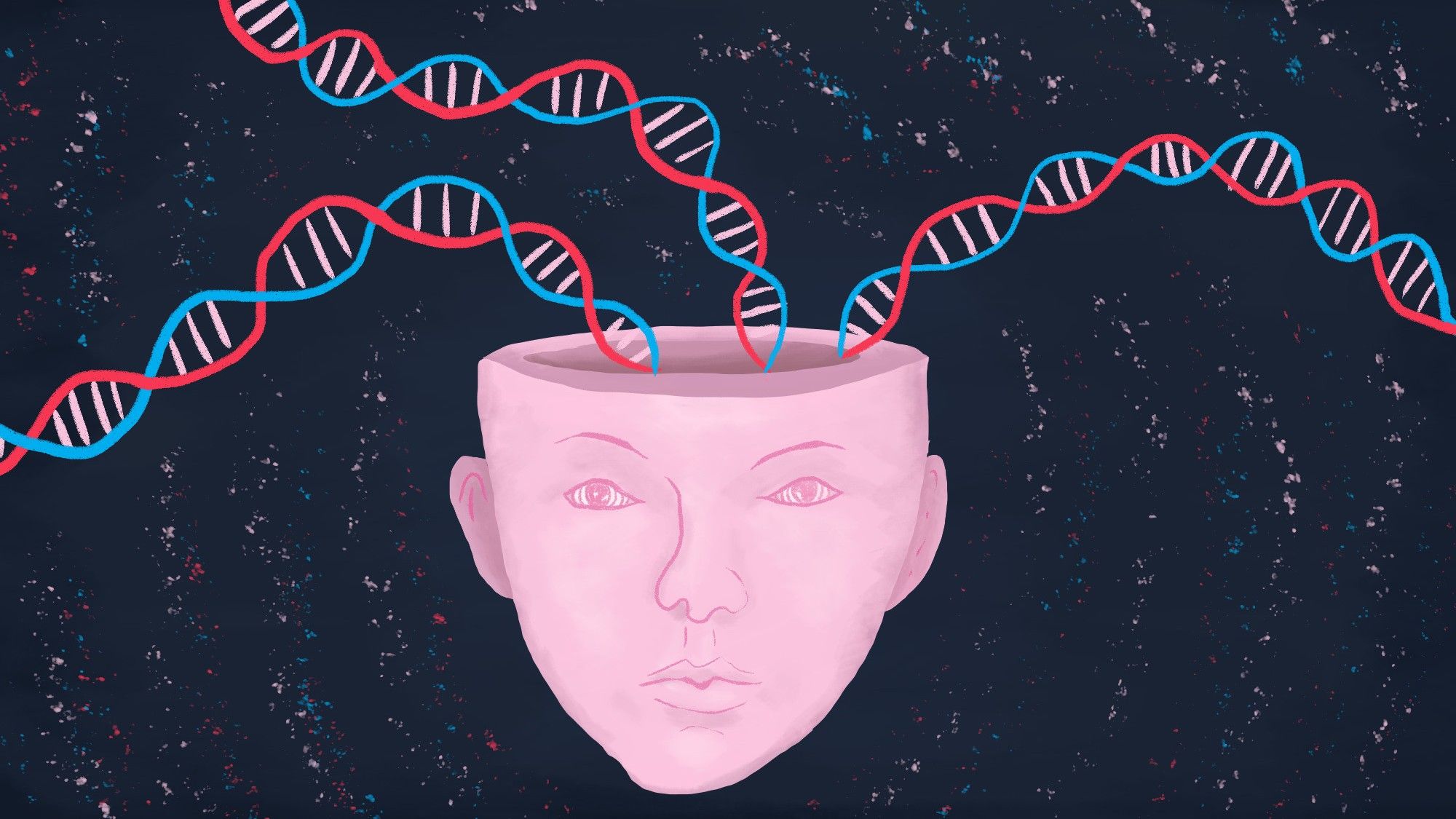Some people receive family heirlooms from their ancestors: historic jewelry, trinkets, vintage clothes, sentimental photographs, and other mementos which are passed down from generation to generation. But scientists are beginning to discover that we may be inheriting much more from our grandparents than the contents of their attic. New studies suggest that some of our memories, fears, and behaviors are passed down genetically through generations from our ancestors.

Epigenetics
The field of epigenetics is based on the concept of changes in gene expression and the concept of active and inactive genes. Epigenetic scientists study how cells change to adapt into being skin cells, or liver cells, or even cancerous cells. They also study how genes are inherited and the changes to those genetics that we exhibit, even when those changes are not essential to our DNA. These changes can be affected by our experiences, age, environment, and health. Recent studies done by scientists and researchers even suggest that we receive loads of genetic memories from our parents, grandparents, and further ancestors, in an instinctive effort by their DNA to better prepare ours for difficult experiences that they have faced, such as fear, disease, or trauma.

Hand-Me-Down Trauma
At Emory University’s School of Medicine, researchers have recently discovered that small rodents are capable of passing information and phobias down through generations. Scientists took mice and induced an aversion to the scent of cherry blossoms through a series of small electric shocks. They found that mice that were exposed to this and who exhibited this fear eventually produced offspring that were also fearful of the scent of cherry blossoms, even though the offspring had never been exposed to the electric shocks and had no reason to be afraid. The researchers also found that the brains of these mice were structurally different from other mice who did not have parents or ancestors that had been exposed to the conditioning.
These findings could certainly be chalked up as part of the nature vs. nurture argument – the fear of cherry blossoms could be passed on directly from parent to offspring, after all – except for the strange fact that offspring exhibited the same behavior and fears, generation after generation, even if the mice had been fathered through the use of artificial insemination. Mice who had never physically met the parent who was afraid of cherry blossoms still somehow received the genetic impulse for that same fear.

Similar experiments were done at Tel Aviv University in Israel, in which scientists discovered that conditions like starvation and viruses in worms affected the DNA of their offspring. Researchers concluded that these specific genes were passed along in an instinctive attempt to prepare descendants for hardship.
Scientists have yet to really test this phenomenon in humans, or determine whether it actually affects us in the same way as it does the mice and worms of the aforementioned studies. But the experiment does show some strong evidence for the concept that memories could be biologically transmitted, and implications of these genetic hand-me-downs could be key in understanding some forms of human behaviors. Even though we are very different from the species that were tested, the findings of this research are being carefully considered in terms of human genetics.

What Does This Mean for Us?
Unfortunately, the results of these studies don’t mean that we are inheriting skills like kung-fu or how to play an instrument from our ancestors’ experiences, though some scientists believe this may be possible as well. Rather, the evidence shown by the mice and worms of these experiments suggest that, if applicable to humans, the results of our ancestors’ past trauma and fears is genetically affecting the way we see the world around us.
Your fear of spiders, for example, might be caused by the trauma of previous generations, and some of your odd quirks might come directly from your grandparents, if not a generation even further back. More specifically, the results of the study are being used to explore possible causes for certain disorders and conditions including anxiety, post-traumatic stress, and phobias, and if a legitimate connection is found, it could prove groundbreaking for the field of mental health.
Images: Ben Thompson, ChemistryWorld, Wired, Care.com, The Fix

